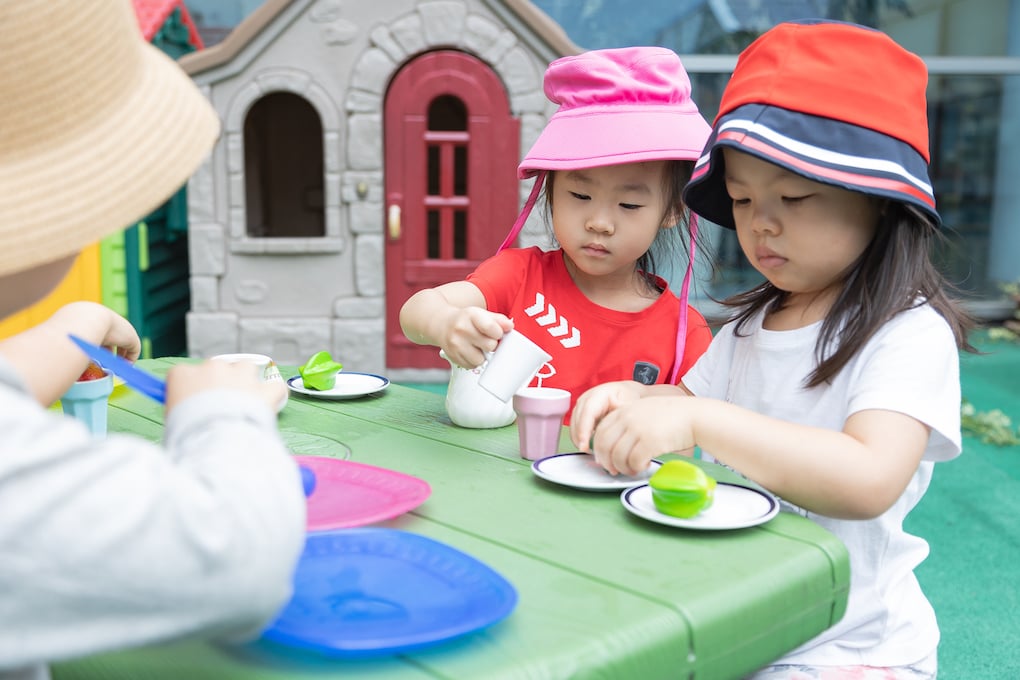This week’s Tuesday Tip for effective parenting is about routines. Routines help us plan, prepare,organize, and much more. For most of us, we appreciate the consistency of having routines in our daily living.
For example, it is part of my routine to have my clothes prepared for my work week, have my lunch meals planned and prepared, have my bag packed with my computer and homework inside, and have any other important items needed each morning on the table by the door, ready to place in my bag as I leave home. These routines help me alleviate stress and help me maximize my time each morning. I am secure in my readiness for each day knowing that I am organized and prepared.

Just like adults, children need to experience this type of security as well. Effective routines provide that sense of security. In fact, it’s even more important that young children have routines. A routine for daily success departing from home with your child to preschool, pre-kindergarten or kindergarten begins the night before. They need to know that tomorrow is a school day and it will be fun to prepare for the day together. Have your child help select their clothes, pick out a favorite snack for their lunch bag, set their backpack by the door together, and talk about a fun breakfast together in the morning. Your child will go to sleep knowing that everything is ready for them in the morning and that there will be a safe and happy departure from home.
Kaplan Early Learning Company shared 3 informative points on their website linked here. Their brief and worthwhile points are shared below:
1. Routines give infants and toddlers a sense of security and stability.
Routines help infants and toddlers feel safe and secure in their environment. Young children gain an understanding of everyday events and procedures and learn what is expected of them as routines make their environment more predictable. Routines can also help infants and toddlers become more trusting of you as a caretaker if their routines are effective and they feel comfortable in the environment.
2. Routines influence infants and toddlers' social, emotional, and cognitive development.
Infants and toddlers who have effective routines are often more engaged with their environment and the people around them. Young children learn to anticipate changes in routines, and they slowly become more independent as they learn what each routine entails. If routines are predictable, have appropriate transition cues, and have room for flexibility, routines will also help reduce challenging behaviors (tantrums, hitting, biting, etc.) in infants and toddlers and in older children.
3. Everyday routines can be used as teachable moments.
Everyday routines are full of learning opportunities for young children. For example, you can start teaching children the importance of washing their hands before eating or the importance of brushing their teeth. You can also use these everyday routines as opportunities to talk with young children and help them develop their communication skills.
Our classroom teachers are masters at providing routines for our students at Concordia Shanghai! Every classroom has a posted classroom schedule. Students have already learned the routines for lining up, washing hands before eating and after playing, getting and returning water bottles, how to put away toys and the songs that go with the task, how to sit and listen to learn, and much more! Songs, books, posters, signals, and key words have helped them follow the routines and every day the children are growing in their confidence and joy in the classroom.
No matter how old or young your child is, routine is a steady and valuable structure for increasing success and reducing stress. Routines are good for us all!




